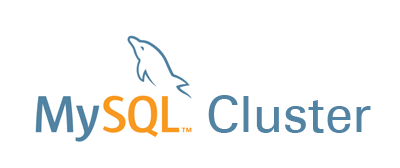How MySQL is able to scale to 200 Million QPS - MySQL Cluster
 Monday, May 18, 2015 at 8:56AM
Monday, May 18, 2015 at 8:56AM This is a guest post by Andrew Morgan, MySQL Principal Product Manager at Oracle.

The purpose of this post is to introduce MySQL Cluster - which is the in-memory, real-time, scalable, highly available version of MySQL. Before addressing the incredible claim in the title of 200 Million Queries Per Second it makes sense to go through an introduction of MySQL Cluster and its architecture in order to understand how it can be achieved.














